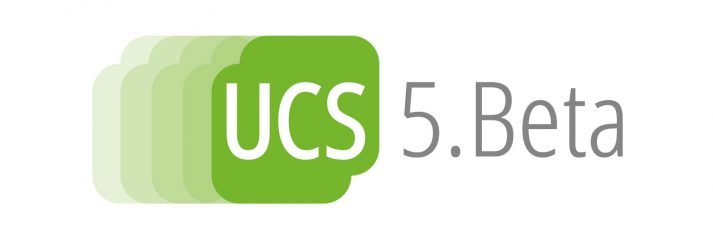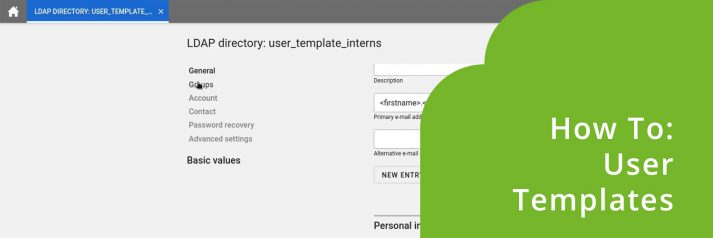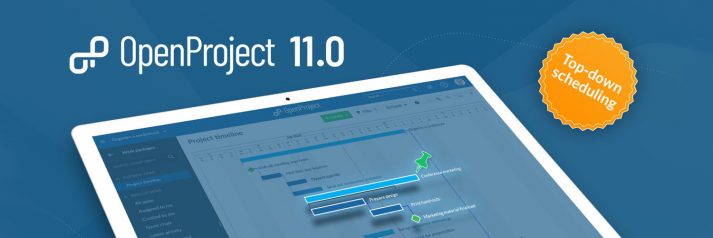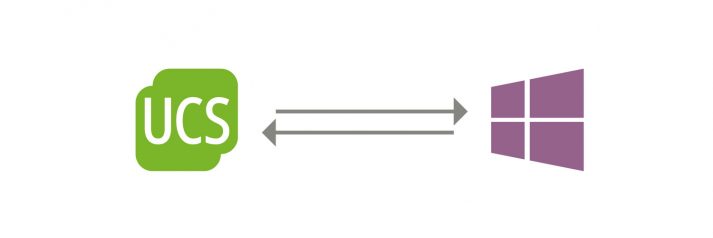LDAP replication: ensuring fail-safe performance and reasonable load distribution
It is well-known among IT staff members: the administration tasks (for multiple applications and depending access rights) which apply even with a small amount of users can prove to be very time-consuming. With possible changes of responsibilities or the joining of new staff members, chances are high that uncontrolled growth arises quickly within the IT infrastructure. And not only does this procedure take a lot of time, but it also endangers the security of your system after a while. A common consequence: the administration of users and their access rights becomes a nuisance and tends to get neglected. If not taken on in due time, this problem grows in parallel with the company and will, eventually, cause quite a bit of trouble. To get back in charge as soon as possible, it is recommended to establish a centralized user management in the shape of an Identity Management System.
Quite often, the so-called LDAP directory service (which we have also integrated in UCS) is the core of the identity management system. Meaning „Lightweight Directory Access Protocol“, it rather describes „only“ the protocol itself, even though users tend to adress „the LDAP“, while in fact talking about the LDAP directory service.








